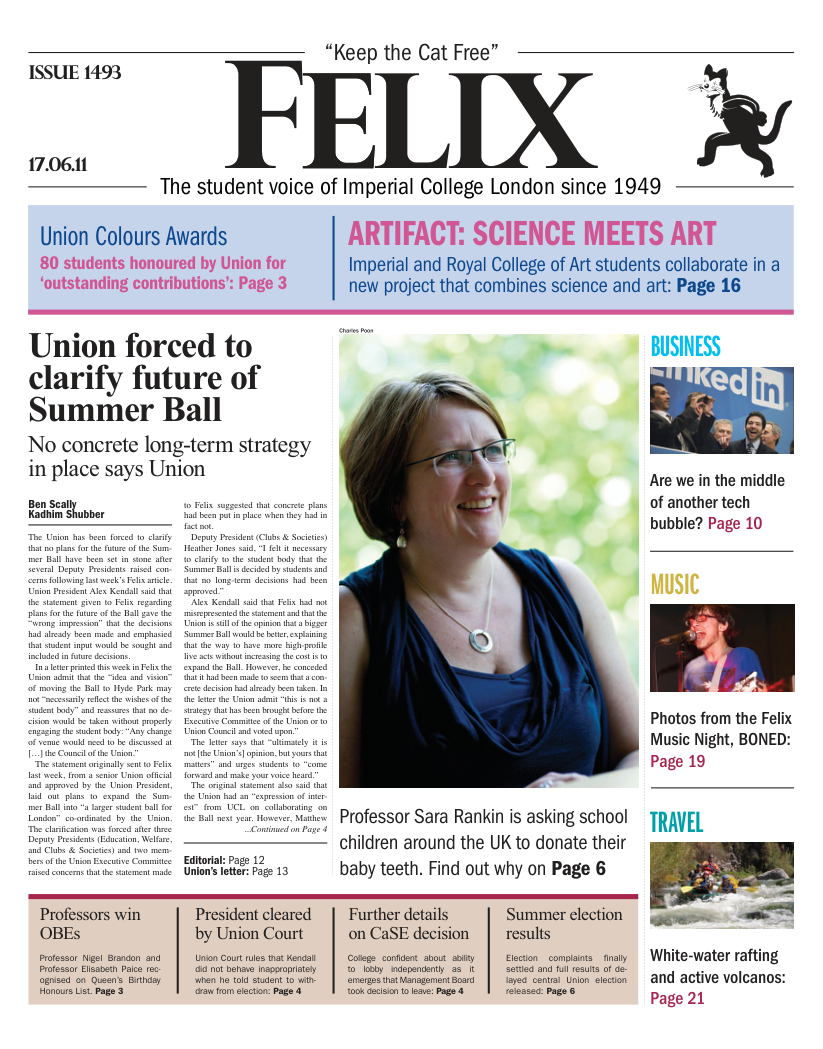The minefield of social etiquette
Why do I worry about what to say to someone when they apologise to me?
How many times have you ever wanted to tell someone who is apologising to you, to **** off? Not because they slept with your best friend, but just because of the grovelling, sickening nature of it. I amaze myself about how fervently I want to sometimes. But equally, how often has an apology barely scratched the surface of the wrong it is attempting to right?
These two examples are relatively easy, but what about the middle ones, when someone probably should apologise and does? There are various approaches one could take. Some people thank them. I am not so sure about this, but it would show an acknowledgement of the apologiser’s effort. However if you think they should apologise, why thank them? I suppose the opposite reaction would just be to say nothing and walk away, but this is hardly positive re-enforcement. What if they need to do it again? The chances are that they simply will not bother. Telling them “It’s fine/It doesn’t matter” is one I have done in the past, but I feel a pang because often, it does matter. Though I am pleased they have said so, I do not necessarily want to wear that pain on my arm. I want to move on. I suppose there is the big hug and “I’m-so-pleased-you-called” combination, but anything more clearly from a cheap American drama, I cannot imagine.
Dodgy-coloured hair, breast augmentations and accents that make me want to rip off my ears aside, it is not just apologies that make for a modern etiquette minefield, but a variety of ‘new’ situations. I was asked if I wanted to go speed dating last week. I am reliably informed that this has changed a lot – it is not the lonely stalker-fest that it is believed to be. But that does not help with the etiquette of the situation. Clearly in one’s three minute slot, the need for jokes about unchristian acts with a banana are unlikely to go down well. After all, one has hardly met the person, it is just not the time. However a more circumspect approach might just leave me with nothing to say, and so I would come across much like ‘Tim nice but dim’.
It is not just these sorts of things people worry about – what to say and when, how to behave, what one expects in a flatshare all add to the pile. There is even an unwritten rule about the use of mobile phones on trains, i.e. the more people there are on a train, the more you should try to avoid using your phone. Of course some people do not care about such rules, but everyone around them is silently firing large telepathic daggers squarely at them.
I suppose the question is partly ‘why does any of this happen at all?’ Why do I worry about what to say to someone when they apologise to me, or when a woman with a predilection for 80s fashion invites me to a party I don’t want to go to? We are supposedly a less ‘buttoned-up’ society than we were 50 years ago. People dress differently, and formal titles are less common. However casual racism and people who wash only once a week have also become less common. Ironic really, as people who indulge in these activities are normally called common. Or at least are thought of as common – no one is allowed to say it, that would be snobbish. Etiquette is clearly as tricky a mistress as ever she was – be her in a spandex boob tube or grovelling for your forgiveness.






